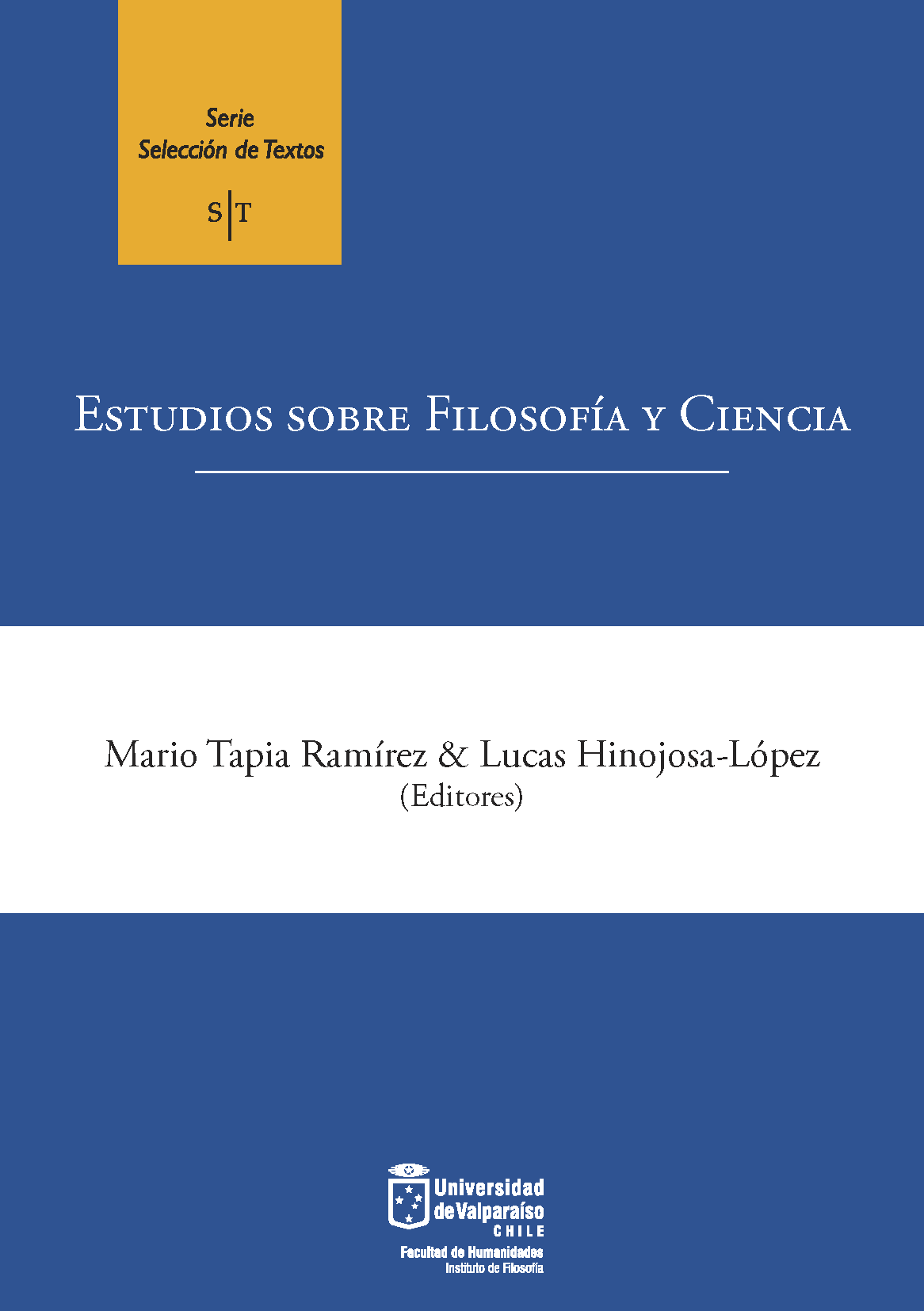Formas y pragmatismo en la filosofía de Francis Bacon
DOI:
https://doi.org/10.22370/sst.2025.10.4903Palabras clave:
naturaleza simple, estructura corpuscular, leyes, reglasResumen
El presente ensayo analiza la relación entre dos aspectos de la propuesta del filósofo Francis Bacon en su obra Novum Organum (NO): la visión pragmática de la ciencia y el conocimiento de formas al que el conocimiento humano aspira en general. Este análisis se desarrolla en consideración de distintas interpretaciones del concepto baconiano de forma a la luz del empirismo y pragmatismo del autor. Entre estas interpretaciones algunas han sido preferidas por su adecuación y por su contribución a la comprensión de la relación revisada permitiendo vislumbrar cómo la ciencia, el conocimiento de formas y la práctica se articulan para mejorar la situación humana.
Descargas
Referencias
Bacon, F. (2003). Novum Organum. (C. F. Almorí, Trad.). Losada.
Cameron, E. W. (1964). Francis Bacon and the Pragmatic Theory of Forms. Philosophical Forum , pp. 592-610. https://api.core.ac.uk/oai/oai:yorkspace.library.yorku.ca:10315/37086
Dickie, W. M. (1923). “FORM” AND “SIMPLE NATURE” IN BACON’S PHILOSOPHY. The Monist, 33(3) pp. 428–437. http://www.jstor.org/stable/27900958
Frondizi, R. (2003). Significado y contenido del Novum Organum. En F. Bacon, Novum Organum (C. F. Almorí, Trad., págs. 9-35). Losada.
Klein, J. (2020). Francis Bacon. Obtenido de Stanford Encyclopedia of Philosophy: https://plato.stanford.edu/archives/fall2020/entries/francis-bacon
Romero, G. E. (2018). Scientific Philosophy. Cham: Springer Verlag. https://doi.org/10.1007/978-3-319-97631-0
Schwartz, D. (2014). Baconian Foundationalism and the Problem of Certainty. https://escholarship.org/uc/item/7r33h8t7
Descargas
Publicado
Número
Sección
Licencia

Esta obra está bajo una licencia internacional Creative Commons Atribución-NoComercial-SinDerivadas 4.0.

